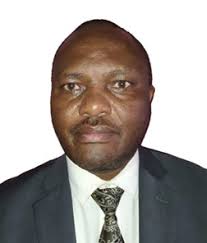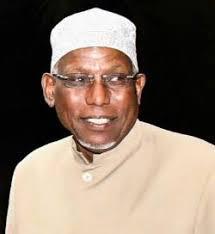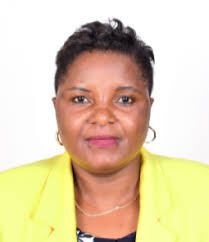Overview

- Fisheries Management and Development Act No.35 of 2016
- Formed: 2016
- CEO: Daniel Mungai
- X (Twitter)
The Kenya Fisheries Service (KeFS), established under the Fisheries Management and Development Act, 2016, is a state agency mandated to sustainably manage, conserve, and develop Kenya’s fisheries and aquatic resources. It was formed by the government of Kenya in 2016 to regulate and oversee fishing activities in both inland and marine waters. KeFS plays a crucial role in promoting sustainable fishing practices, protecting aquatic biodiversity, and enhancing the economic benefits from the fisheries sector. Its primary objective is to ensure sustainable use and management of Kenya’s fisheries resources for future generations.
CEO: Daniel Mungai
Daniel Mungai is the current Director General of the Kenya Fisheries Service (KeFS). He plays a crucial role in advancing Kenya’s fisheries sector, focusing on sustainable practices and economic growth. Under his leadership, KeFS aims to enhance the conservation and management of fishery resources while promoting aquaculture. His tenure is marked by efforts to secure international markets for Kenyan fish products, including exports to China. Mungai emphasizes collaboration with local fishermen and stakeholders to improve livelihoods and bolster the fisheries industry, contributing significantly to Kenya’s economy.

Board of Governors

Col.(RTD.) Noor Musa
Chairman

Daniel N. Mungai
Secretary

Margaret Righa
Independent Director
Paul Huka Kalla
Independent Director
Prof. Christopher Gathu Nyagah
Independent Director
Timothy Mburu
Director, Alternate to Principal Secretary Treasury
Festus Marangu
Director, Alternate Director General, Inspectorate of State Corporations
Functions
- Regulation and Management of Fisheries – Ensuring sustainable exploitation of fishery resources.
- Licensing and Monitoring – Issuing licenses for fishing activities and enforcing regulations.
- Fish Quality Assurance – Monitoring fish handling, processing, and marketing to ensure food safety standards.
- Conservation Efforts – Promoting sustainable use and conservation of aquatic ecosystems.
- Data Collection and Research – Conducting fisheries research and data collection for informed decision-making.
- Capacity Building – Training stakeholders in best fisheries practices.
Important Links
Address and Contacts
- P.O. Box 48511 – 00100 Nairobi
- 13th Floor,NHIF building Community Area. Nairobi, Kenya
- Kilimani, Ragati Road, Upperhill, opposite Kenya National Library, Dagoreti North
- PR47+53 Nairobi